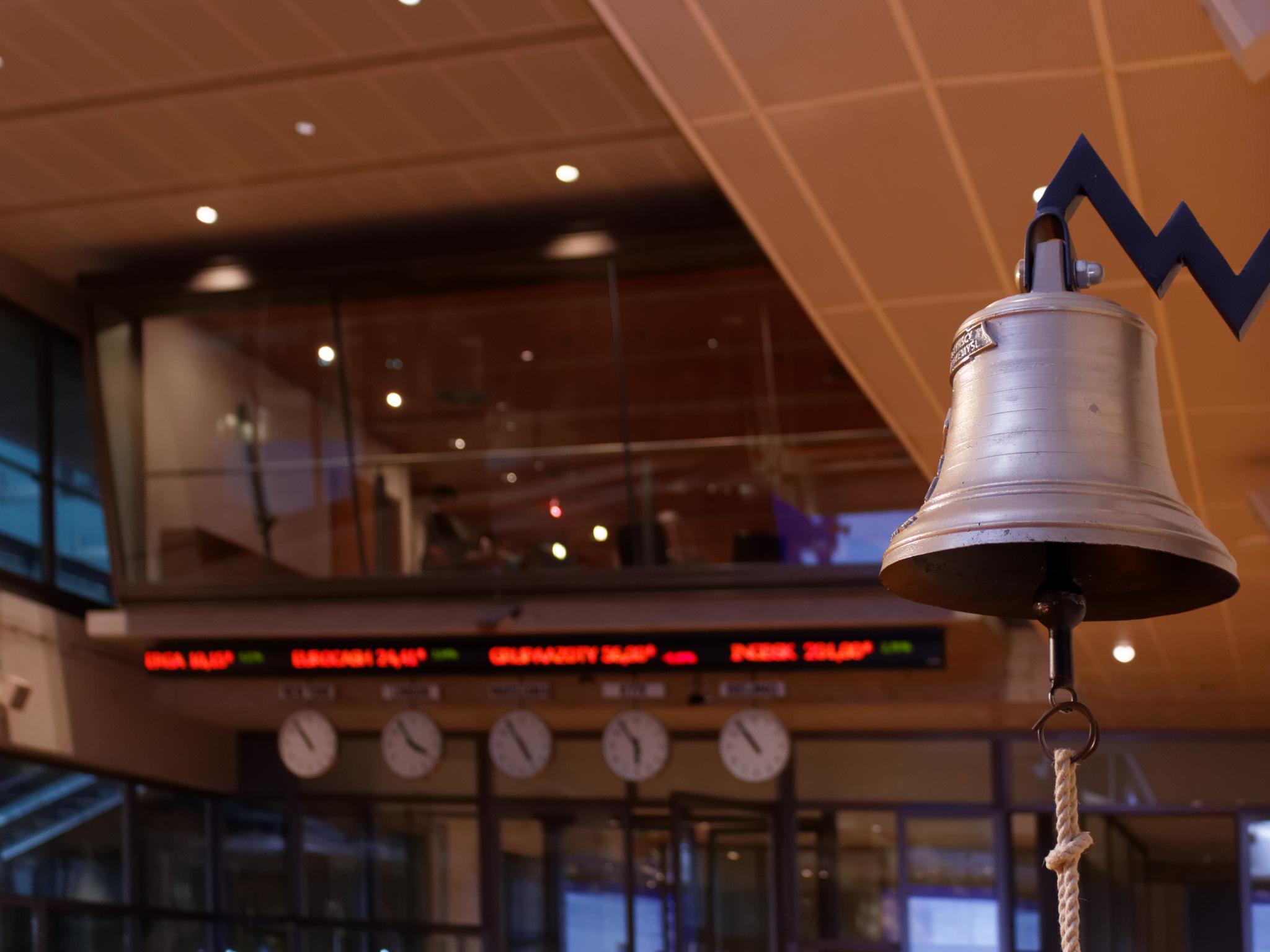
And I Share My Two Cents from Running Financials Portfolio Alongside Steve Cohen in 2008
My longtime business partner Joe Moglia, former Chairman and CEO of TD Ameritrade and current Chairman of Fundamental Global Investors, went on CNBC recently to discuss the current market selloff that has put the stock market into bear territory for the first time since a brief month long blip that occurred at the start of the COVID-19 pandemic.
I thought Joe did a great job discussing the current bear market, the possibility of a near-term rally and the risks associated with inflation, energy prices, Ukraine/Russia and Bitcoin. That said, major market indices are experiencing their worst year since 2008 with many large-cap stocks down 20-30%, small-cap stocks down 30-40% and many high-flying speculative tech stocks down 70-95% from their recent highs a few months ago.
While in 2008, U.S. government bonds were a safe haven and rallied during a down equity market, bond prices have been slaughtered this year by rising interest rates and inflation that the Fed continues to work to get under control with higher Fed Funds.
If you are looking for me to prognosticate about the future of the market, probably best to stop reading. I don’t have a strong view on overall market indices and I honestly don’t spend too much time thinking about whether it’s time to buy on the dip. That said, I do have a few thoughts on this environment and how an investor should approach it.
I know for many it feels much more rewarding to buy investments and have them immediately appreciate like they have over the last few years. Many tech stocks had reached insane valuations and new cryptocurrencies had gone up perhaps because some large group or influencer had pumped them in a chat room on social media. That said, markets are doing exactly what they should be doing on these types of securities – they are cleaning out the excess.
Just like markets overshoot to the upside on some things, they often overshoot to the downside, too. I think that might be happening now in some securities where the proverbial baby is being thrown out with the bath water. That doesn’t mean you rush in and buy hand over fist because as the famous saying goes, markets can stay irrational longer than you can stay solvent. So, it’s always important to keep a level head and to not overextend yourself by buying things en masse that you really don’t understand – unless you can afford to lose the money.
During the Great Recession, I managed a financials sector portfolio alongside Steve Cohen, so I had a view into the financial meltdown because it was my job to study the institutions at the epicenter of the worst downturn since the Great Depression.
Over the past couple of months, I have felt that conditions look more like 20 years ago (the dot-com bubble and the ensuing crash and recession) than the painful Great Recession. A big reason for the difference was how much more disciplined banks have been since 2008. This continues to be my view but there are a lot of key metrics in the credit markets that I will be watching over the coming weeks and months to keep an eye on surrounding the health of the financial system.
If I see something worth noting, I will try to write about it. Right now, I am not worried about the health of the U.S. banking system as it remains healthy in my opinion. But that view can change anytime of course.







